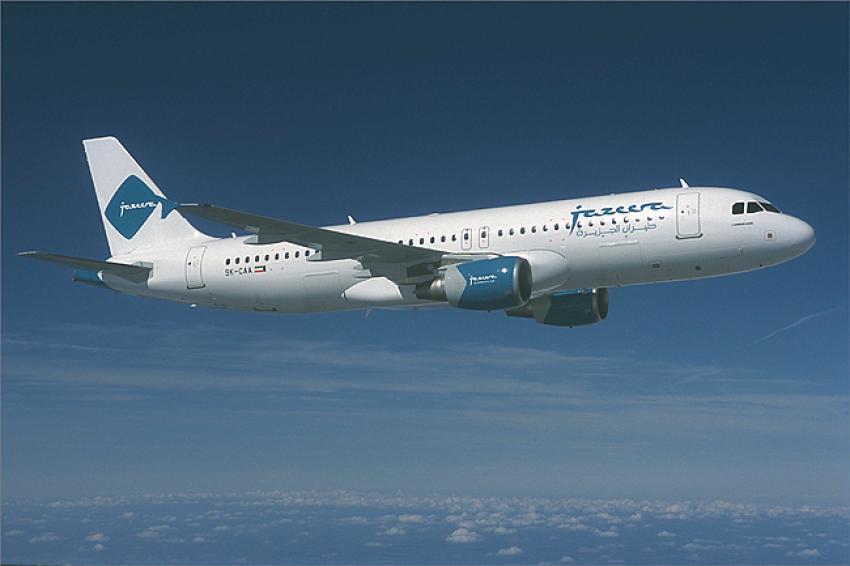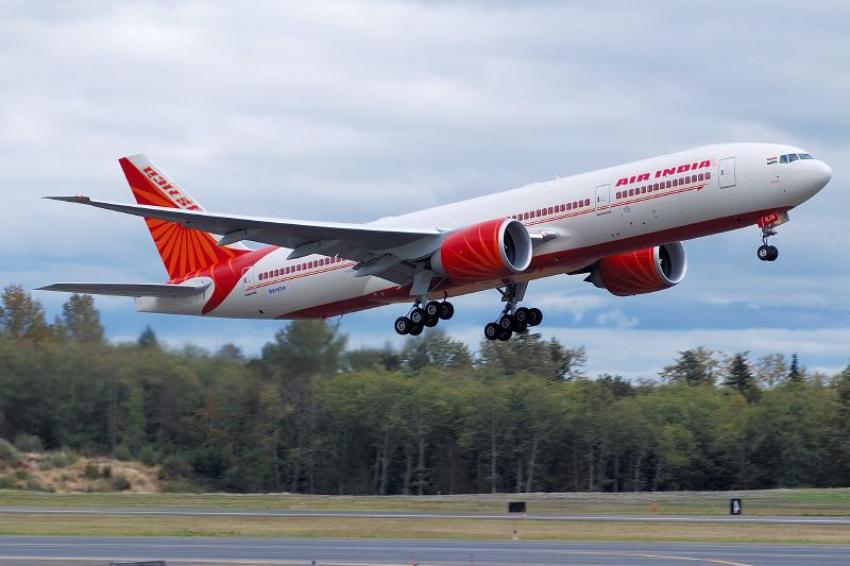NITN | @notintownlive | 07 Nov 2017, 11:18 am

1. Autocratic
In this style of management, the manager just informs the employees what they have to do, and if they fail to tow the line, there are disciplinary consequences to bear. Fear is the primary motivation for people to work. Autocratic management style does not leave any room for employee feedback. The employees are shackled and there is no scope for innovation. The organization may not grow under this style. However, this management style can come to the company’s rescue in times of crisis, when quick actions are the need of the hour.
2. Consultative/Participative
Here, the management welcomes feedback from the employees before making a final decision. This nurtures a long-term relationship and loyalty between the employees and management. While this style appears nice on the outside and is less authoritarian than the autocratic management style, it does not empower employees to make decisions. At the end, it is the management that makes all the decisions.
3. Persuasive
In this management style, the power of decision-making is still vested in the top management. However, the difference is that the management tries make employees understand why a particular decision was taken. Usually, it is for the benefit of the organization. When employees are explained, they tend to support it. The flow of communication in persuasive management style is one way. This could result in employees feeling alienated as the management does not have the time to invite feedback. Rather, it is focused on proving to employees that it is right.
4. Democratic
As the term suggests, the majority makes the decisions to create win-win situation for all stakeholders. This style comes handy when long-terms decisions need to be taken. It motivates employees because they feel that the organization values their contribution. Democratic management style can be a success in a flat organization, where hierarchies are not obvious and distinct. However, in layered hierarchies, the democratic style may prolong decision-making and the organization may not be able act nimbly to crisis situations.
.jpg)
5. Chaotic
In chaotic management style, manager gives up any semblance of control, and employees are free to make decisions. However, with no structure in place, it leads to confusion as to the role of employees and as a result, it leads to inefficiency. This management style is not the way forward for any organization as no decision can be taken and everyone works at cross purposes rather than working together as a team to accomplish business objectives.
6. Laissez-faire
In the laissez-faire management style, managers function like mentors rather than leaders. While employees are empowered to make decisions, they turn to the manager when they require guidance. This management style is perfect when employees need space to showcase their creativity and can work independent of their managers. It is also said to be useful style for strategic performance management. The only drawback of this style is that employees may start taking their managers for granted and may bypass their authority at times.
To tell whether one style is better than other is subject to opinions and situations. What matters is whether these styles can engage people effectively. If not, then the disengaged employees can lead to low morale and unproductively. In fact, statistics indicate that disengaged employees can cost organizations between $450 and $550 billion every year.
The speed at which business dynamics are changing calls for a leadership style that adopt to change in an agile manner, promote collaboration and drive a culture of innovation. Such leadership style does exist and it is known as transformational leadership style. The leaders who possess or display transformational leadership do not believe in taking control of power. Rather, they sense opportunities, anticipate risks, maintain transparency in responsibility and authority, and have the knack of talent management to create a winning organization.
There is no one best management style to run the organization. Instead, a mix of management styles could lessen the impact of weaknesses and amplify the impact of strengths. Experts recommend selecting one or two management styles that are in contrast to your existing management style. It is best to select low-risk situations to try out these new management styles to see how your team reacts to them and performs. If the styles work, adopt and make them a part of your management style. At the end of the day, it is crucial you find the right balance with the different management styles as your role is not merely being a manager.
Discover the leader and mentor in you and take on nurturing team members into leaders of tomorrow. Find out your management style with the range of online executive courses for professionals offered by Talentedge. Jointly with world’s leading institutes & corporates, Talentedge offers courses enabling working professionals to plan their future course of action and fast track their careers.
- Rashmi Group and Rice Adamas Group get franchise rights in Bengal Pro T20 League
- Shrachi Group, Servotech bag franchise rights in Bengal Pro T20 League
- Bengal Pro T20 League unveils its official logo
- Le Rythme& AWIPL hosts skill development programme on 'Accounts Executive' in Kolkata
- NEZ International Film Festival focuses on independent cinema in 9th edition, special focus on European filmmakers
- Deptt of Science and Technology funded Incubator at Sona College to spur entrepreneurship in Salem
- HireMee earns prestigious Global Impact sourcing award from IAOP, in partnership with The Rockefeller Foundation
- Embracing Robotic Surgery key to improving women’s disease treatments: Gynaecologists
- Sona College of Technology powers ISRO rocket that launched Insat-3DS weather satellite
- Vee Technologies named to Global Outsourcing 100 list by IAOP for 9th consecutive year
Tokyo: Airlines were forced to cancel over 300 flights following the collision between a Japan Coast Guard aircraft and a Japan Airlines passenger plane at Tokyo's Haneda Airport on Tuesday evening even as reports said the plane was cleared to land ahead of the tragedy.
New Delhi/NITN: Regular flyers on Jazeera Airways, Kuwait’s low-cost carrier, can now avail a host of discounts and benefits by enrolling for the new membership club introduced by the airline, recently.
Gurugram: Air India, a global airline in India, has initiated the deployment of its recently acquired Boeing 777 aircraft to serve all three non-stop routes from Mumbai to the United States.





